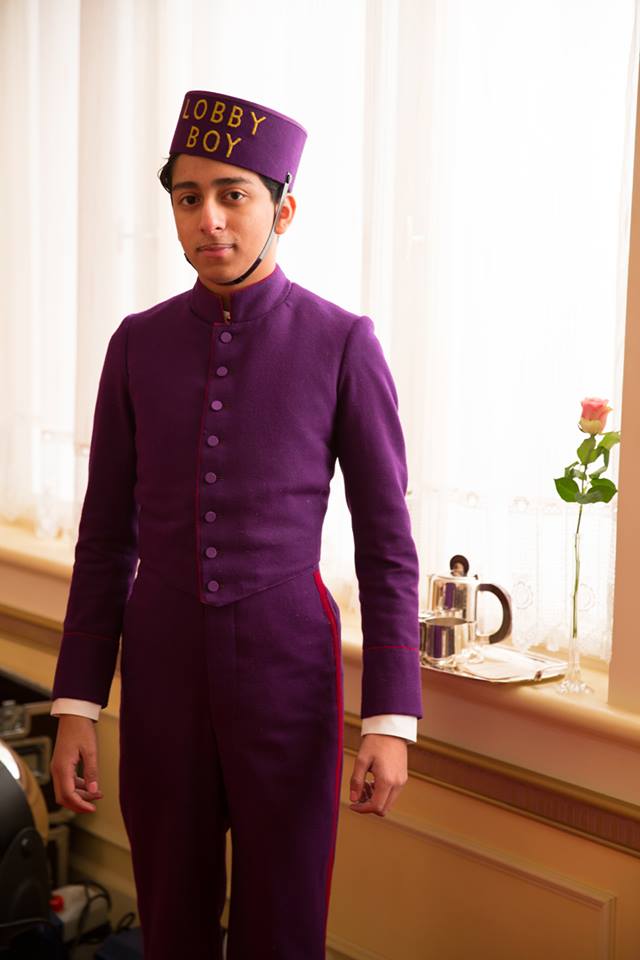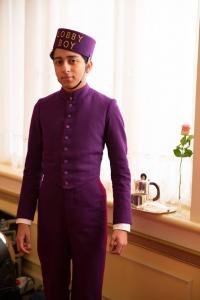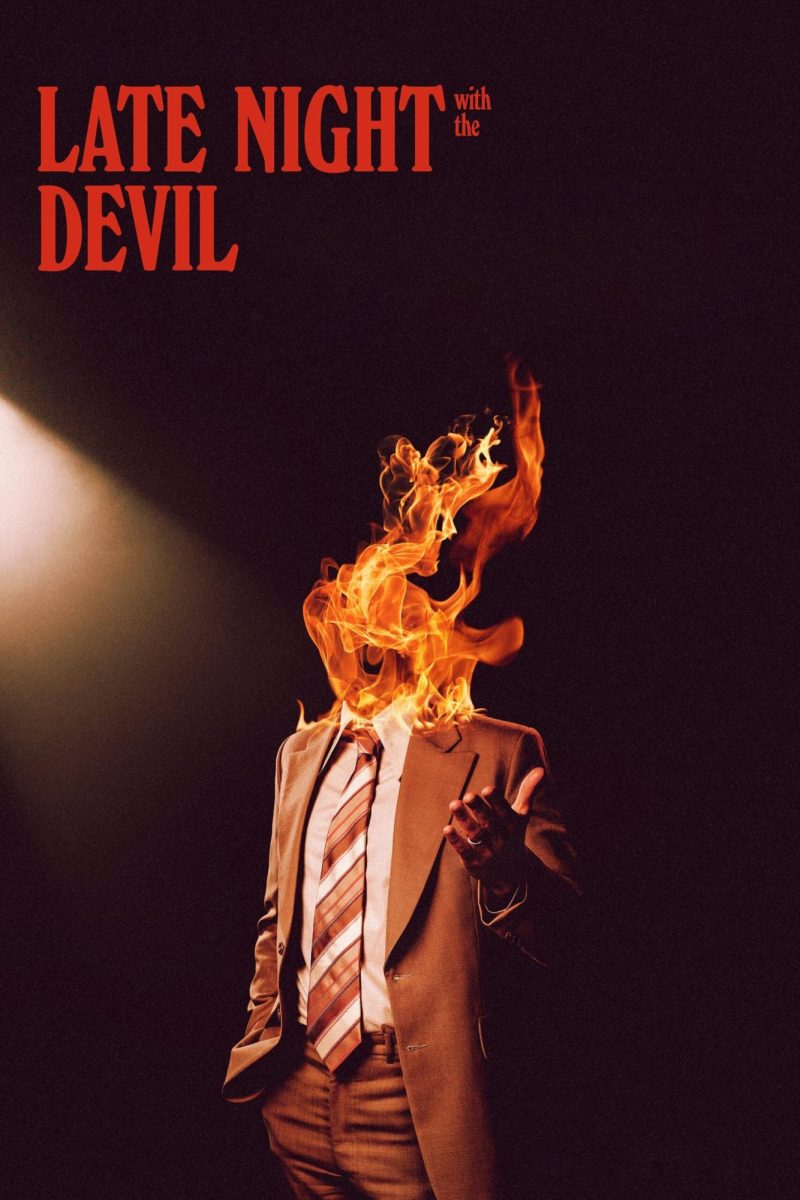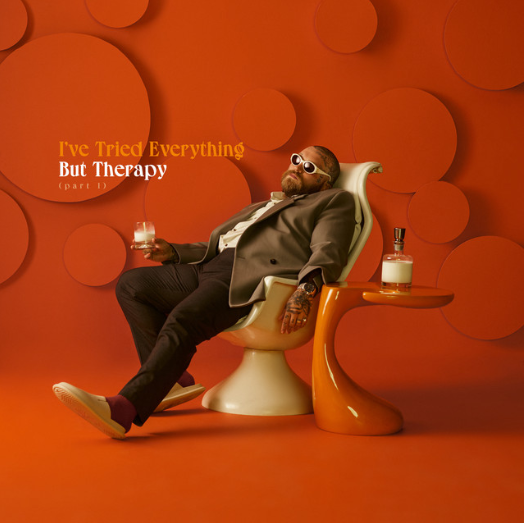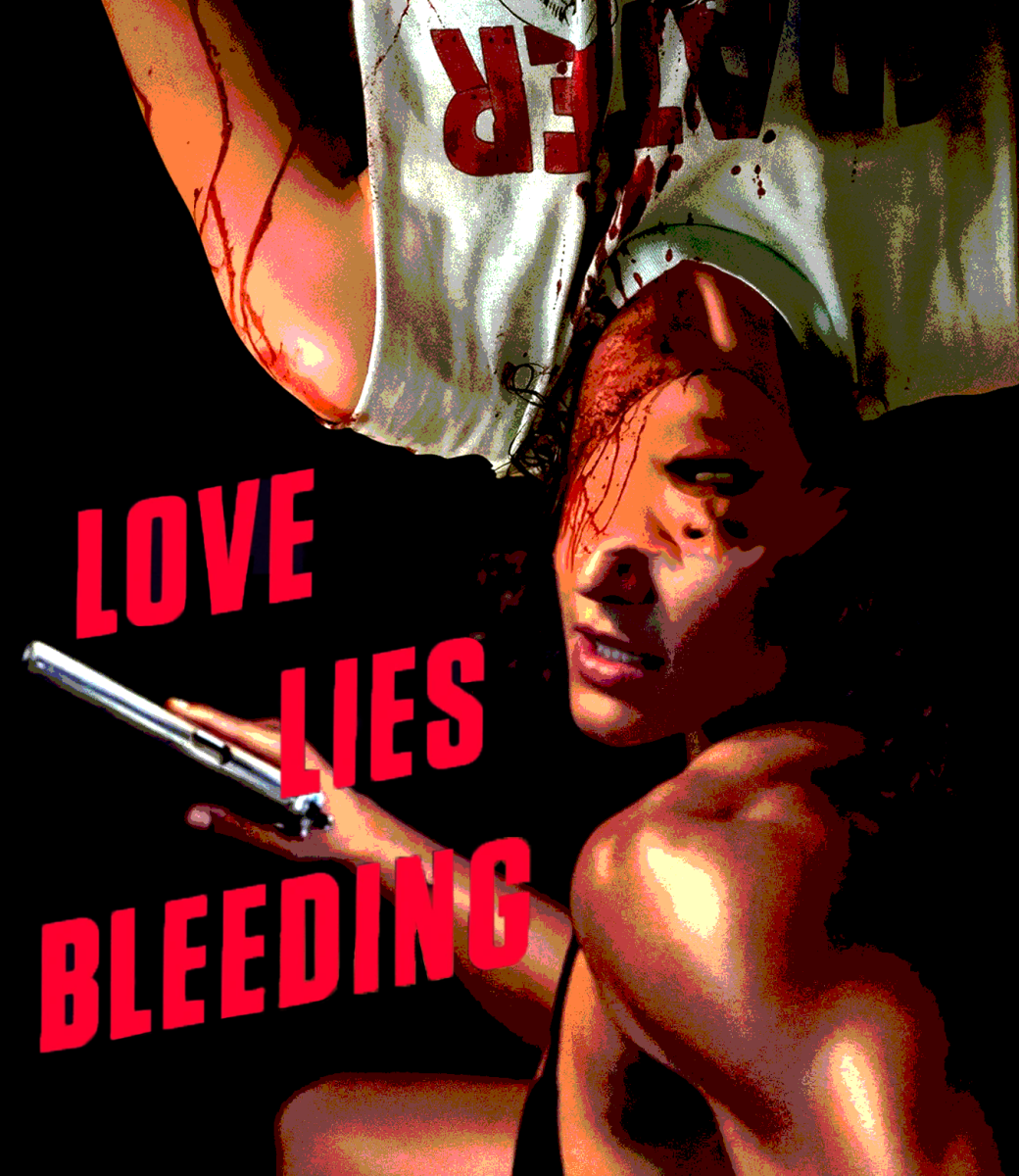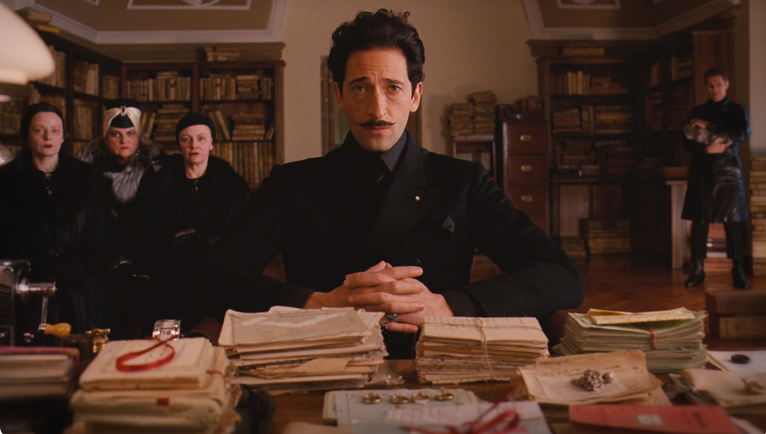
I’ve always had difficulty choosing a favorite Wes Anderson film. Since first seeing “The Royal Tenenbaums” as a teenager, I’ve been repeatedly struck by the distinctive quirk, color and characters that fill the director’s earlier work. In fact, since Anderson’s 1996 debut, “Bottle Rocket,” the first significant deviation he’s made from his refined signature style was with 2009’s “Fantastic Mr. Fox,” an animated children’s movie that still featured many of Anderson’s staple actors.
Since then, Anderson has released two films: 2012’s “Moonrise Kingdom” and “The Grand Budapest Hotel,” which came out last month. In my opinion, neither of these films live up to Anderson’s earlier work, but I do think “Budapest” offers somewhat of an improvement on “Moonrise Kingdom.” Compared to the complete lack of actual depth or insight in that movie, “Budapest” feels a bit more authentically Wes Anderson.
Set mainly during the 1930’s in the fictional European Republic of Zubrowka, the plot follows a suitably outlandish womanizer and concierge named Gustave (Ralph Fiennes) and his affable-but-shy lobby boy Zero (Tony Revolori). The pair travel on a series of zany escapades in order to prove Gustave’s innocence in a murder case for which he’s been framed and also to collect the will of his deceased mistress, Madam D. (Tilda Twinton). Zero relays this story to us as an older man (F. Murray Abraham) who now owns the hotel and who is being interviewed about his experiences for a book by an unnamed author (Jude Law).
Diehard Anderson fans will be mildly relieved to know that, at points, “Budapest” does possess some of the same wit and cunning that made his earlier classics like “Bottle Rocket,” “The Life Aquatic” and “Rushmore” come to life. It has clever dialogue, bizarre characters and brilliant aesthetics, and the relationship between Gustave and Zero feels genuine. Anderson also manages to make this relationship more compelling by incorporating the multiple timelines, allowing us the perspective to wonder what becomes of these two friends as the film goes on.
Unfortunately, this is one of the only real components in “Budapest” that Anderson doesn’t spoon-feed us. Instead, he presents a good portion of the film as a surface-level affair with events and characters that are just too kitsch to resonate on a deeper level.
I was particularly surprised by the amount of pointless horror-movie violence throughout “Budapest.” Fingers are chopped off, heads are severed and characters are executed seemingly all for simple thrills. This is in high contrast to the violence of previous Anderson films, such as the pivotal scene in “The Royal Tenenbaums” where Luke Wilson’s character attempts to take his own life. Instead of drawing me further into the character emotionally as that scene did, the violence in “Budapest” only served to distract me from the real story.
And for all this violence, “Budapest” also contains a number of scenes that could probably substitute for a children’s movie. One in particular consists of an animated chase sequence between Gustave, Zero and J.G. Jopling (Willem Dafoe), one of Anderson’s most devilish characters to date, as they zoom playfully down a snowy mountainside on skis and toboggans. Like the violence in “Budapest,” these scenes took me further out of the story instead of enhancing it for me.
Anderson has always been interested in coupling a sense of innocence and visual order with elements of melancholy, chaos and cynicism, but “Budapest” tends to overstate both of these extremes to a degree that’s just too over the top and obvious. In his earlier work, Anderson did well to craft these disparities in a way that was more subtle and realistic, making for focused, complex films that the viewer could relate and return to time after time.
As with “Moonrise Kingdom,” “The Grand Budapest Hotel” did not strike me this way in the theater. It may just be that “Budapest” needs a few more viewings to really sink in, but I suspect it will still come across as a film that seems to be trying almost too hard at times to be a Wes Anderson movie, straining itself in the process. In fact, it almost seemed like Anderson himself admits this at the end of both “Moonrsie Kingdom” and “Budapest,” as they don’t even end in one of his signature slow motion shots like all of the classics do. Maybe this means the director is trying to move in a new direction. If that’s the case, though, he may have needed to distinguish it more thoroughly with “Budapest,” instead of just exaggerating the elegance of his true masterpieces without leaving room for much actual substance underneath.


